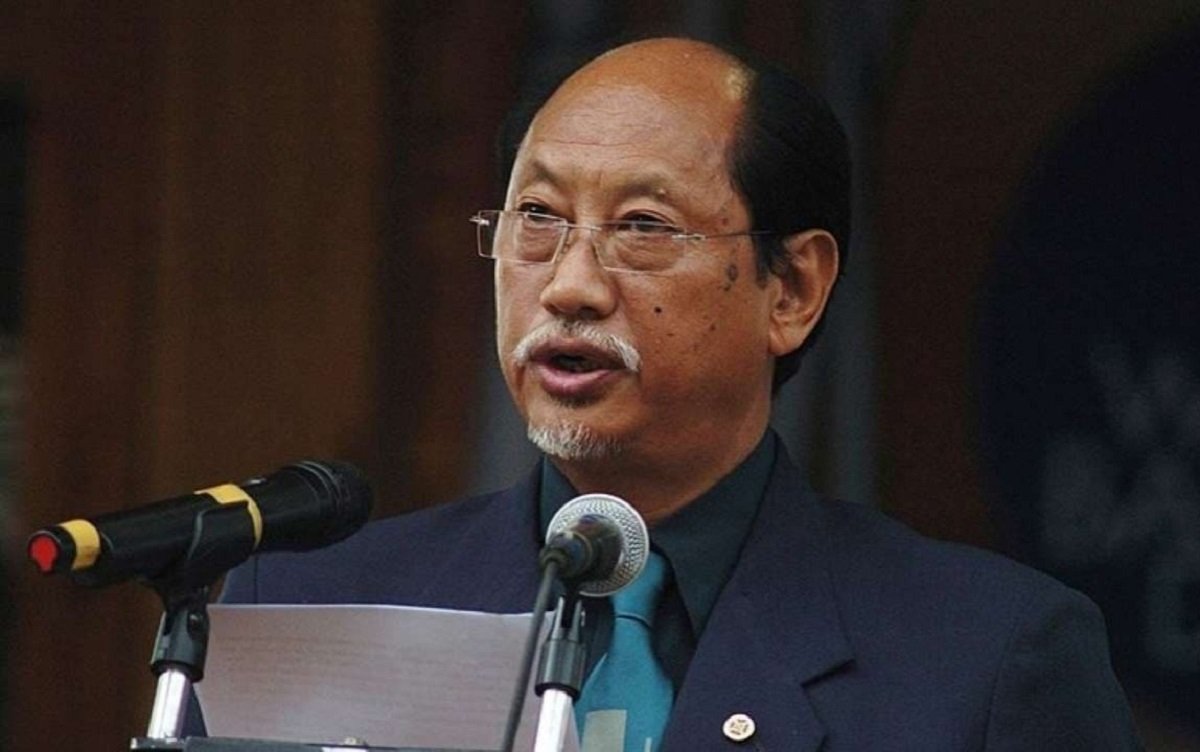In the wake of a national debate over the role of English in India, the Nationalist Democratic Progressive Party (NDPP), led by Nagaland Chief Minister Neiphiu Rio, has firmly reiterated its support for English as the state’s official language. The party also strongly advocated for the preservation and promotion of Nagaland’s diverse indigenous languages.The statement comes shortly after Union Home Minister Amit Shah remarked that “a time would soon come when those speaking English in India would feel ashamed,” suggesting that individuals who do not speak Indian languages “cease to remain fully Indian.” His comments, made during a book launch, have sparked a larger conversation about linguistic identity and nationalism.
In response, the NDPP issued a strongly worded clarification, stating that English has played a vital role in shaping Nagaland’s administrative, educational, and religious landscape for over a century. The party emphasized that English should not be seen merely as a colonial remnant, but as a practical, unifying, and empowering tool that connects Nagaland internally and with the wider world. “English has served as the functional language of governance and education in Nagaland for decades. It has helped bridge communication among the state’s many tribes and linguistic groups,” the NDPP stated. The party also highlighted the language’s inclusivity, noting that it enables equal participation in state affairs without favoring any single tribe.While defending the continued use of English, the NDPP stressed its parallel commitment to preserving Nagaland’s indigenous languages, describing them as “core to the state’s cultural identity and heritage.” The party called for sustained efforts to ensure these languages are passed on to future generations through education, documentation, and community initiatives.
The statement also lauded the multilingual abilities of Naga youth, who are not only fluent in English but also proud speakers of their native tongues. According to the NDPP, this linguistic versatility has opened up opportunities in education, employment, and international platforms. “Language is not just a means of communication—it’s a powerful force for the exchange of knowledge, culture, and ideas,” the NDPP said. “Multilingualism is not a weakness. It is a strength that allows India to thrive in its diversity.”




